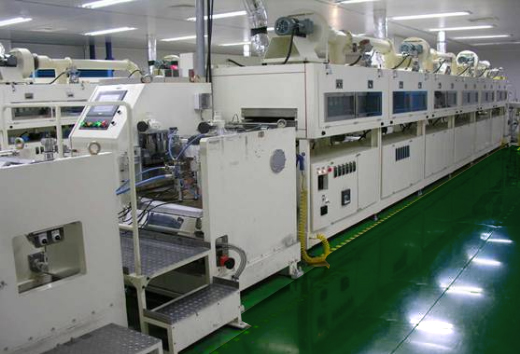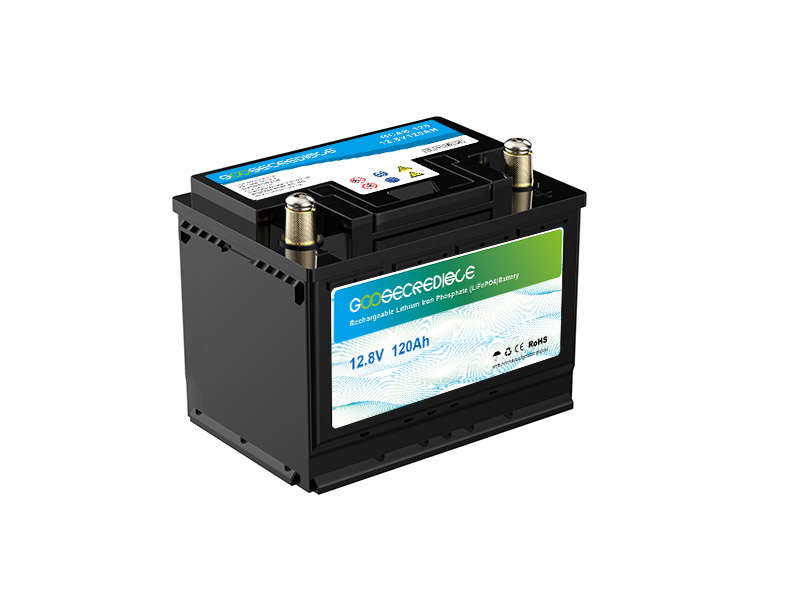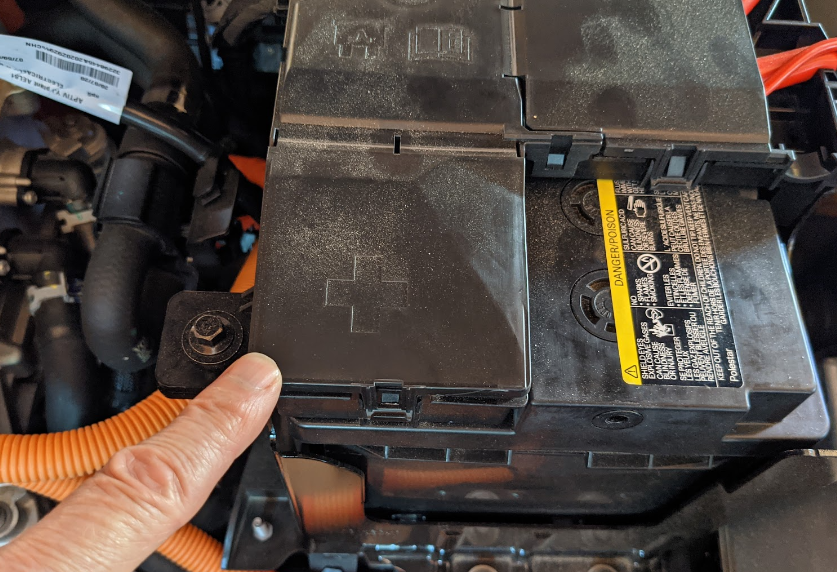Intelligente Netze mit Lithiumbatterien: Revolutionierung der Energiespeicherung
Einführung:
The world’s increasing demand for electricity has led to the development of smart grids utilizing lithium batteries, which are revolutionizing energy storage. These smart grids are transforming traditional power networks into intelligent systems that can efficiently manage the generation, distribution, and consumption of electricity. This article explores the advantages, challenges, and future prospects of smart grids utilizing lithium batteries.
Advantages of Smart Grids:
1. Enhanced Energy Efficiency: Lithium batteries have a high energy density, allowing them to store large amounts of energy in a compact space. Smart grids utilizing lithium batteries can efficiently store excess energy during off-peak hours and supply it during peak demand, reducing wastage and improving energy efficiency.
2. Increased Renewable Integration: Smart grids can integrate renewable energy sources such as solar and wind power more effectively. Lithium batteries can store excess energy generated from these intermittent sources, allowing for a smoother integration into the grid and reducing reliance on fossil fuels.
3. Demand Response Management: Smart grids enable demand response management, where consumers can adjust their energy usage based on price signals or grid requirements. Lithium batteries play a crucial role in this process by storing excess energy during low-demand periods and supplying it during high-demand periods, ensuring a stable energy supply.
4. Grid Stability and Reliability: Lithium batteries provide fast response times and can quickly inject power into the grid during sudden fluctuations or outages. This enhances the stability and reliability of the electricity supply, reducing the risk of blackouts and grid failures.
Challenges of Smart Grids:
1. High Initial Costs: The installation and maintenance costs of smart grids utilizing lithium batteries can be high. However, as the technology advances and economies of scale are achieved, the costs are expected to decrease over time.
2. Limited Battery Lifespan: Lithium batteries have a limited lifespan and degrade over time, requiring replacement. However, with proper management and advancements in battery technology, the lifespan can be extended, reducing the overall costs and environmental impact.
3. Intermittency of Renewable Sources: The reliance on renewable energy sources such as solar and wind power introduces intermittency challenges in energy generation. Lithium batteries help mitigate this issue by storing excess energy during peak generation and supplying it during low generation periods, ensuring a stable energy supply.
Future Prospects:
1. Technological Advancements: Continuous research and development in lithium battery technology are expected to lead to improvements in energy density, lifespan, and overall performance. These advancements will further enhance the capabilities of smart grids, making them more efficient and reliable.

2. Grid Decentralization: Smart grids utilizing lithium batteries provide an opportunity for grid decentralization. Energy can be generated and stored locally, reducing transmission losses and increasing the resilience of the grid against natural disasters or cyberattacks.
3. Electric Vehicle Integration: With the increasing adoption of electric vehicles (EVs), smart grids can utilize the batteries of these vehicles for energy storage. This vehicle-to-grid integration can help manage peak demand and provide an additional source of energy during emergencies.
Abschluss:
Smart grids utilizing lithium batteries are revolutionizing energy storage and transforming traditional power systems into intelligent and efficient networks. The advantages of enhanced energy efficiency, increased renewable integration, demand response management, and improved grid stability outweigh the challenges of high initial costs, limited battery lifespan, and intermittency of renewable sources. With continuous technological advancements and the integration of electric vehicles, the future prospects for smart grids utilizing lithium batteries are promising. As the world continues to seek sustainable energy solutions, these smart grids will play a vital role in meeting the growing demand for electricity while minimizing the environmental impact.
-
 As electric bikes and scooters continue to gain popularity as a convenient and eco-friendly mode of transportation, the efficiency and longevity of their batteries become crucial factors for riders. With advancements in technology, manufacturers are constantly improving the performance of ebike and scooter batteries, making them more efficient and long-lasting. In this article, we will explore the importance of a...Weiterlesen
As electric bikes and scooters continue to gain popularity as a convenient and eco-friendly mode of transportation, the efficiency and longevity of their batteries become crucial factors for riders. With advancements in technology, manufacturers are constantly improving the performance of ebike and scooter batteries, making them more efficient and long-lasting. In this article, we will explore the importance of a...Weiterlesen -
 Lithium Iron Phosphate Like other batteries, LiFePO4 batteries are made from electricity-generating electrochemical cells that power electrical devices. A LiFePO4 battery consists of a positive electrode, positive electrode, separator, electrolyte, positive and negative current collectors. The positive terminal of the battery is called the cathode and the negative terminal is called the anode. Anode terminal as Li-ion source. The electrolyte...Weiterlesen
Lithium Iron Phosphate Like other batteries, LiFePO4 batteries are made from electricity-generating electrochemical cells that power electrical devices. A LiFePO4 battery consists of a positive electrode, positive electrode, separator, electrolyte, positive and negative current collectors. The positive terminal of the battery is called the cathode and the negative terminal is called the anode. Anode terminal as Li-ion source. The electrolyte...Weiterlesen -
 With the global awareness of environmental protection and the deepening of the concept of sustainable development, electric vehicles, as representatives of clean energy vehicles, are changing our travel methods at an unprecedented speed. In this green travel revolution, electric vehicle batteries, as its core components, play a vital role. It not only determines the endurance and performance of electric vehicles,...Weiterlesen
With the global awareness of environmental protection and the deepening of the concept of sustainable development, electric vehicles, as representatives of clean energy vehicles, are changing our travel methods at an unprecedented speed. In this green travel revolution, electric vehicle batteries, as its core components, play a vital role. It not only determines the endurance and performance of electric vehicles,...Weiterlesen -
 Electric bikes (ebikes) and scooters have become increasingly popular modes of transportation in recent years. With their eco-friendly nature and convenience, they offer a great alternative to traditional vehicles. However, one of the main concerns for riders is the battery life and the distance it can cover. In this article, we will explore the importance of a reliable ebike/scooter battery...Weiterlesen
Electric bikes (ebikes) and scooters have become increasingly popular modes of transportation in recent years. With their eco-friendly nature and convenience, they offer a great alternative to traditional vehicles. However, one of the main concerns for riders is the battery life and the distance it can cover. In this article, we will explore the importance of a reliable ebike/scooter battery...Weiterlesen -
 Ein Lifepo4-Akku ist eine Art wiederaufladbarer Akku, der für eine lang anhaltende Stromversorgung für eine Vielzahl von Anwendungen ausgelegt ist. Diese Batterien sind für ihre hohe Energiedichte, geringe Selbstentladungsrate und lange Lebensdauer bekannt und eignen sich daher ideal für den Einsatz in Elektrofahrzeugen, Energiespeichersystemen für Privathaushalte und anderen industriellen Anwendungen. Einer der...Weiterlesen
Ein Lifepo4-Akku ist eine Art wiederaufladbarer Akku, der für eine lang anhaltende Stromversorgung für eine Vielzahl von Anwendungen ausgelegt ist. Diese Batterien sind für ihre hohe Energiedichte, geringe Selbstentladungsrate und lange Lebensdauer bekannt und eignen sich daher ideal für den Einsatz in Elektrofahrzeugen, Energiespeichersystemen für Privathaushalte und anderen industriellen Anwendungen. Einer der...Weiterlesen -
 A 12V LiFePO4 battery is a promising power source for your devices. This type of battery is known for its higher energy density, longer lifespan, and improved safety over other types of lithium batteries. In this article, we will explore the benefits of using a 12V LiFePO4 battery and its potential applications. One of the main advantages of a...Weiterlesen
A 12V LiFePO4 battery is a promising power source for your devices. This type of battery is known for its higher energy density, longer lifespan, and improved safety over other types of lithium batteries. In this article, we will explore the benefits of using a 12V LiFePO4 battery and its potential applications. One of the main advantages of a...Weiterlesen -
 Electricity has become a significant part of our daily lives, powering almost everything we use. With the increase in the use of electric vehicles and solar energy, batteries have become essential for storing electrical energy. The 48V battery is one of the most popular batteries used in electric vehicles, solar systems, and other applications that require high power output. One...Weiterlesen
Electricity has become a significant part of our daily lives, powering almost everything we use. With the increase in the use of electric vehicles and solar energy, batteries have become essential for storing electrical energy. The 48V battery is one of the most popular batteries used in electric vehicles, solar systems, and other applications that require high power output. One...Weiterlesen

